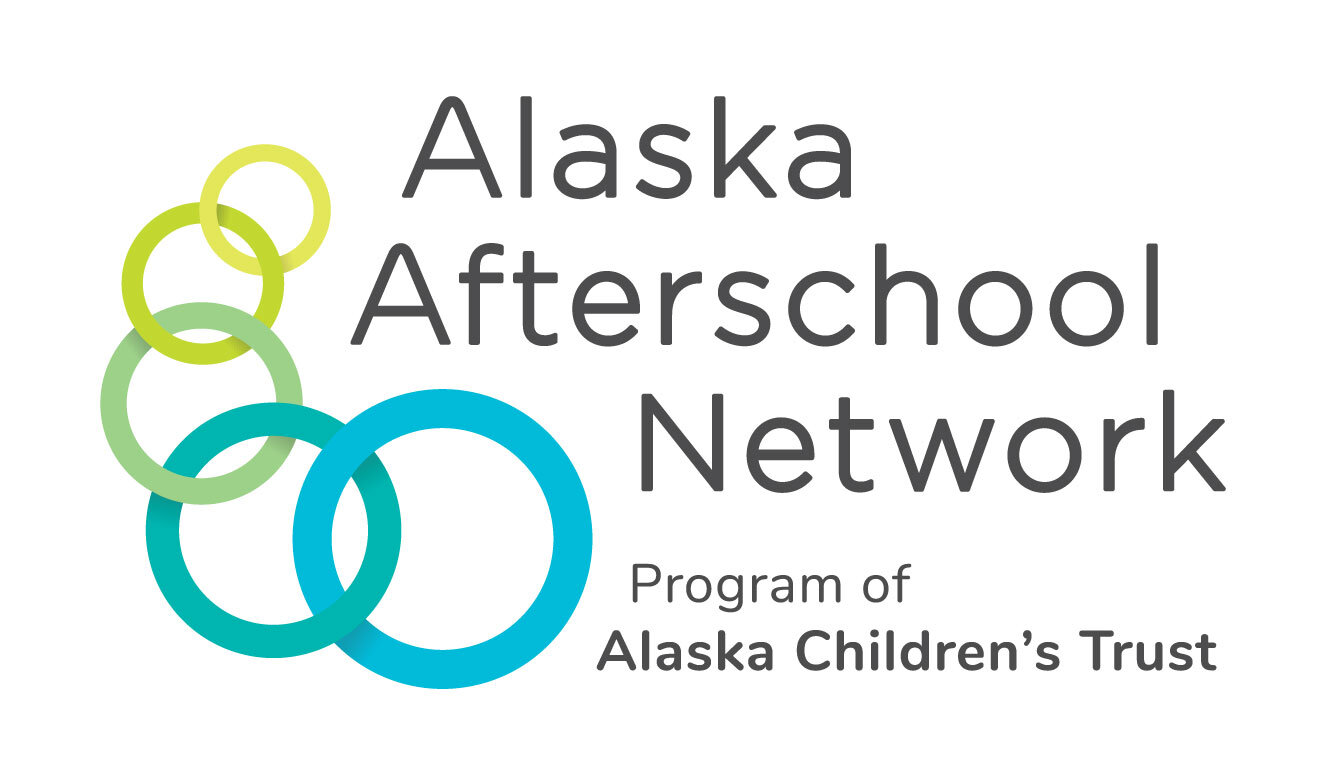Youth Development
Consult State and Local Health Authorities for important news and updates: CLICK HERE
What Should our Afterschool and Summer Programs do?
https://www.cdc.gov/coronavirus/2019-ncov/specific-groups/guidance-for-schools.html
Afterschool Alliance COVID-19 FAQs
Reducing the Spread of Illness in Childcare
Childcare, school, and afterschool administrators must take steps now to develop plans to stop or slow the spread of COVID-19. This means:
Emphasize good hygiene practices. Make sure your kids wash their hands for at least 20 seconds with soap and hot water after using the bathroom and before and after meals. Download multi-lingual hand washing posters here:
Develop information-sharing systems with partners for day-to-day reporting, and alert local health officials about large increases in illness and absenteeism
Monitor and plan for absenteeism among both children and staff. Review attendance and sick leave policies. Discourage perfect attendance awards or incentives
Plan for alternative coverage for critical job functions; cross-train staff
Establish procedures for students and staff who arrival sick or become sick, and keep sick students and staff separated from others until they are ready to leave
Share resources with the school community to help parents understand how to approach this situation
Create communication plans for the school community, including how to reach out to and share information with parents and staff
Administration should be prepared to work closely with local health officials to develop response plans. If it becomes necessary to dismiss schools, afterschool and extracurricular activities, including events and large gatherings, should be canceled as well.
COVID-19 And Early Childhood Development
While the rest of the world has slowed down, child development continues on everyday. During this exceptional time it has never been more important to support children, families, and care providers. These resources from Harvard University’s Center on the Developing Child will tell you what you need to know about early childhood development during this pandemic.
Center on the Developing Child Guide to COVID-19 and Early Childhood Development
Stress, Resilience, and the Role of Science; Responding to the Coronavirus Pandemic
How Does Coronavirus Relate to Child Development?
How to Support Children (and yourself) During the COVID-19 Outbreak
Further Resources from Harvard University’s Center on the Developing Child
Talking to Kids about COVID-19
Download a kid-friendly comic about COVID-19 here:
Children are likely aware of COVID-19 from school or other media and may have some questions, concerns, or fears about their future. Not talking about the situation could make kids more afraid. Talk to your children to help them understand the situation, assuage fears, and encourage hygienic practices.
Process your own anxiety first. Collect your thoughts, feelings, and take some time to calm yourself before engaging. Children will take cues from you, and will notice if you are panicking and will respond in kind
Assess what the child knows, where they learned it from, and do not dismiss your child's fears. Validate their concerns, and make sure they feel heard. Be reassuring and set the tone for the discussion. Let them know how rare the virus is and that kids have milder symptoms. Avoid encouraging frightening fantasies
Be age-appropriate. Don't overwhelm with too much heavy or technical information. Let them know the world's leading health experts are on the case and working to protect them. Answer honestly and clearly. If you do not know the answer to a child's concern, be upfront and use it as an opportunity to research together
Emphasize good hygiene practices. Make sure your kids wash their hands for at least 20 seconds with soap and hot water after using the bathroom and before meals. Have them sing "Happy Birthday" or "Twinkle Twinkle Little Star" twice to get the timing down. Make sure they scrub thoroughly. Teach them to cover their mouths when sneezing or coughing and wash right away afterwards
Focus on active steps you're taking to keep everyone safe. Empower children and make them feel reassured by letting them know what they can do. Encourage those good hygiene practices. Talk through family emergency plans and help them learn emergency contacts. Stick to routine and try not to disrupt daily life unless necessary. Stay up to date and update your children as you learn more
Additional resources for talking to kids can be found here and here:
NCTSN Parent Guide to Helping Families Cope with COVID-19
Combating Stigma
https://www.cdc.gov/coronavirus/2019-ncov/about/related-stigma.html
Outbreaks and other public health emergencies can create intense fear and anxiety as the population processes how to respond to the situation. This state of fear can become a breeding ground for misinformation.
This country has seen an increase in sinophobia and racist incidents in response to COVID-19. It is on all of us to do our part to stop the spread of ignorance and misinformation and stand with these vulnerable communities
No one is more susceptible to contracting or spreading COVID-19 based on their race, ethnicity, or national origin. Do not make assumptions about someone's health based on this information
Speak out against negative behaviors and statements on social media about groups of people or the exclusion of people who are not at risk of spreading the virus. Be cautious with resources shared and make sure they do not reinforce harmful stereotypes. Engage with stigmatized groups
Additionally, people may also be stigmatized for displaying symptoms or for self-quarantining. This may include health care professionals who work with and come into contact with COVID-19 in their work
We need to show abundant compassion for these communities and support them through this time. Stick to the facts, check your own biases, and talk openly about the harm stigma can produce.
